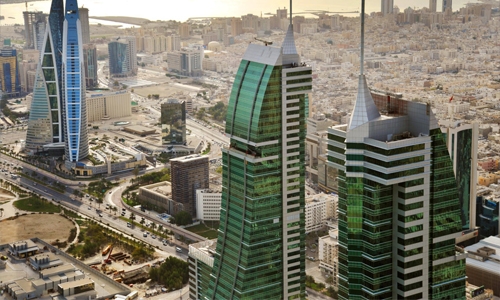Public debt ceiling exceeds BD13.4 billion in January
TDT | Manama
The Daily Tribune – www.newsofbahrain.com
Recent official data showed that the government public debt had exceeded the ceiling of BD13.4 billion in January. It represented an 11.7% growth on an annual basis compared to BD12.04 billion in 2020, due to the repercussions of the coronavirus outbreak and the decline in oil prices.
The Shura Council, in its weekly session yesterday, gave the green light to the Cabinet to raise the ceiling for public borrowing to BD15 billion ($40 billion) that constitutes 130% of GDP, allowing the government to borrow to meet the requirements of the debt burden for the next two years until 2022.
The government previously raised the public debt ceiling to BD13 billion ($34 billion) in 2017, followed by the end of 2018, the government’s adoption of a fiscal balance programme that aims to address the general budget and eliminate the deficit within five years with the help of Saudi Arabia and Kuwait and the UAE, which provided a financial grant of $10 billion.
On the other hand, Ministry of Finance data indicate that the total deficit in Bahrain’s budget for the year 2020 amounted to BD1.624 billion ($4.31 billion), an increase of BD817 million ($2.17 billion) from the approved budget. Revenues decreased by 27% to reach BD2.139 billion ($ 5.67 billion), from the approved budget, due to the decline in oil prices. Public expenditures in 2020 amounted to BD3.763 billion ($9.98 billion), an increase of 0.3% over the approved budget.
The Council of Ministers approved the 2021 budget with a total deficit of BD1.276 billion ($3.4 billion) for the 2021 fiscal year, and reduced it to BD1.145 million ($3 billion) in 2022.
The budget was based on an estimate of the price of a barrel of oil for the 2021-2022 budget at $45, according to the expectations of prices in global markets.
Bahrain is considered the least productive of oil resources among the countries of the Gulf Cooperation Council, as it produces about 200,000 barrels of crude oil per day, and the fiscal year begins in Bahrain, early January until the end of December of the same year, according to the budget law.
Related Posts

